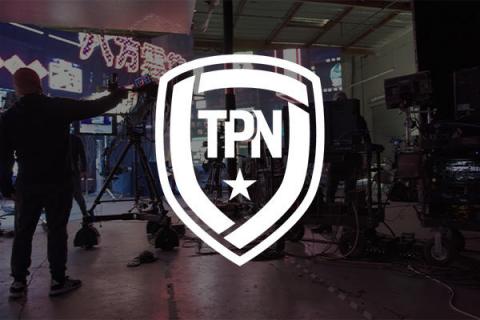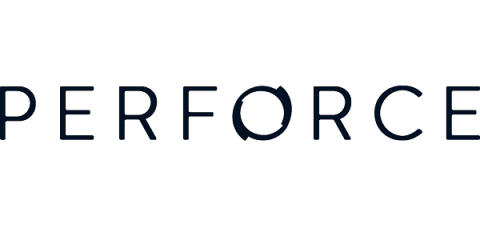Systems | Development | Analytics | API | Testing
%term
Perforce Software Completes Trusted Partner Network Assessment
With the rise of virtual production, creative pipelines are becoming increasingly complex, and dispersed. Team members around the globe need to collaborate remotely. This can create security vulnerabilities, which can range from misconfigured SSL settings to expiring certificates. To help studios protect what matters most, the Trusted Partner Network (TPN) created an evaluation process to standardize fundamental security protocols, across the industry.
Sales Report Templates For Daily, Weekly & Monthly, Quarterly and Yearly Statements (Sourced from 40+ Sales Pros)
Node.js Binary Distributions SSL Certificate Status
NodeSource from the beginning was created with a great commitment for the developers’ community, that is why it has provided documentation for using the NodeSource Node.js Binary Distributions via.rpm, .deb as well as their setup and support scripts. We are also aware that as a start-up you want ‘Enterprise-grade’ at a startup price, this is why we extend our product to small and medium-sized companies, startups, and non-profit organizations with N|Solid SaaS.
10 Best PHP Frameworks For Savvy Web Devs In 2022
A PHP framework is a platform to build PHP web applications. PHP frameworks provide libraries for commonly used functions, which helps to cut down on the amount of original code developers need to write from scratch. A PHP framework provides a basic foundation for the development of web applications in PHP. Frameworks are useful because they speed up and standardize the development process, reducing doubts about how to start building an application.
How to Transfer Data from Postgres to Salesforce
Admission Control Architecture for Cloudera Data Platform
Apache Impala is a massively parallel in-memory SQL engine supported by Cloudera designed for Analytics and ad hoc queries against data stored in Apache Hive, Apache HBase and Apache Kudu tables. Supporting powerful queries and high levels of concurrency Impala can use significant amounts of cluster resources. In multi-tenant environments this can inadvertently impact adjacent services such as YARN, HBase, and even HDFS.
19 Best Blogging Tools You Should Use in 2022
Blogs have become an essential part of a business’s content marketing strategy. But they can get tedious and time-consuming. Whether you’re looking to improve your blog strategy or find efficient ways of churning out more posts, we’ve got the best tools for bloggers like you.











